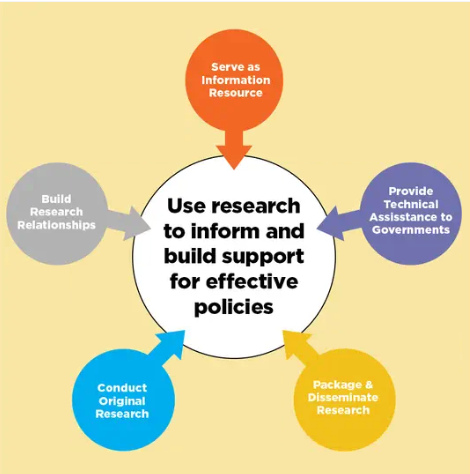Weekend reading: The collapse of the FDA—a National Tragedy
The New York Times Magazine has published an astonishing investigative report about the FDA, totally worth reading: Inside the Collapse of the F.D.A. How the new health secretary, Robert F. Kennedy Jr., is dismantling the agency.
She begins with RFK Jr’s opening salvo on Twitter (X):
FDA’s war on public health is about to end,” Kennedy wrote. “This includes its aggressive suppression of psychedelics, peptides, stem cells, raw milk, hyperbaric therapies, chelating compounds, ivermectin, hydroxychloroquine, vitamins, clean foods, sunshine, exercise, nutraceuticals and anything else that advances human health and can’t be patented by Pharma. If you work for the FDA and are part of this corrupt system, I have two messages for you. 1. Preserve your records, and 2. Pack your bags.
Her major point:
It was easy to paint the F.D.A. as a supervillain (an aggressive suppressor of sunlight, vitamins and exercise, to borrow Kennedy’s language), in part because the truth was so much more complex.
What’s impressive about this piece is its dealing with the complexities. Here’s the critical one.
On the one hand, the agency’s regulators have a truly enormous remit: Which drugs, medical devices, food, pet food, dietary supplements, tobacco products and cosmetics we can buy — one in every five dollars we spend, by official estimates — comes down to the decisions they make. On the other hand, the agency itself is profoundly under-resourced…In fact, its federal budget is roughly the size of the budget of the local school district in Montgomery County, Md., where it is based.
I could go on quoting but everyone should read this piece to realize what is at stake in the current destruction of the FDA—a lot. We need the FDA, and we need it to be much, much stronger, not weaker.
I want to add one point not discussed in the article: unlike the other agencies in the U.S. Public Health Service, which get their funding from congressional health committees, the FDA gets its funding from congressional agriculture committees. This dates back to 1906 when the forerunner of the FDA was created as part of the USDA. When the FDA was transferred to the forerunner of Health and Human Services, its funding remained with agriculture committees, which could not care less about its functions.
The article is long. If you don’t want to read the whole thing, here are the take-home lessons: What to Know About the Collapse of the F.D.A.


